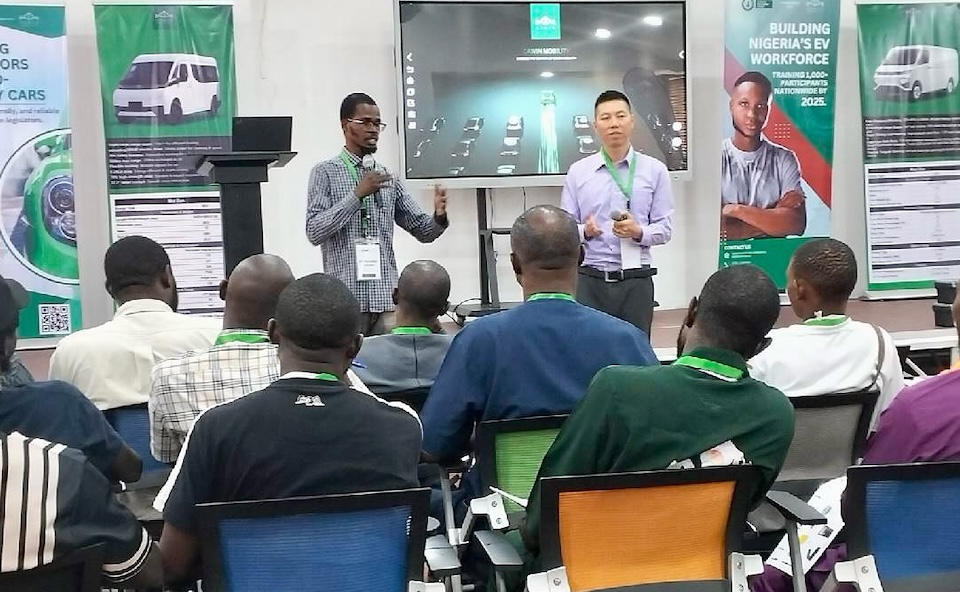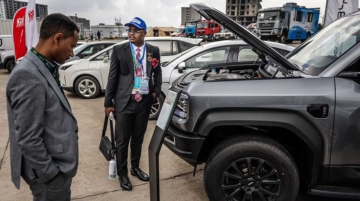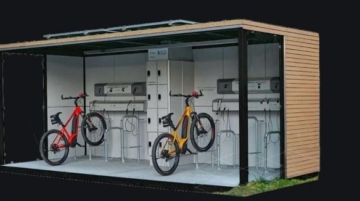
Little-known Chinese electric vehicle (EV) manufacturer, CAWIN, is partnering with Nigeria’s ABC Logistics, a courier and parcel-delivery firm, to test a fleet of fully electric vehicles as part of a broader effort to green its logistics operations.
The pilot program launched in key urban routes is designed to evaluate how battery-powered vans perform under Nigeria’s driving conditions and delivery demands.
However, the Chinese company’s entry into Nigeria is also taking a different approach, which is not the norm among EV manufacturers. The company is introducing training opportunities for Nigeria’s youth interested in understanding the mechanics of electric vehicles that are becoming a regular sight on Nigerian roads.
CAWIN’s Managing Director, Wayne Ji, said the training initiative prepares young Nigerians for a central role in the country’s transition to green mobility.
Noting that EVs drove China’s new wave of industrial revolution, Ji added that Nigeria can achieve the same transformation, hence the need for the training.
For ABC Logistics, the move signals a shift in the country’s transportation landscape, where diesel vehicles have long dominated short-haul and last-mile deliveries. By adopting electric vehicles early, the company aims to reduce fuel costs and position itself ahead of its peers, while also navigating the charging infrastructure and supply chain challenges in Nigeria and other African markets.
In addition to its operations in Nigeria, the company has begun expanding with the second office opened in Ethiopia recently. There are plans to enter other African markets, including Kenya where one obstacle is that CAWIN’s vehicles are built for left-hand drive, requiring modification before they can legally operate on Kenya’s right-hand-drive roads.
But even with the expansion plans, the company intends not only to sell electric vehicles across Africa but also to train local workers to repair and maintain them. It will also keep its after-sales experts on the ground to instruct mechanics and technicians.
In addition, CAWIN Mobility plans to begin assembling EVs in Nigeria before expanding production to other African countries.
Currently, the CAWIN vehicle can travel up to 300 kilometers on a single charge and will be powered by a network of charging stations at ABC’s logistics centers across Lagos, many of which already use hybrid or fully off-grid energy systems.
WHY IS THIS IMPORTANT? CAWIN Mobility’s pioneering initiative is tackling some of Nigeria’s most urgent challenges at once including the lack of affordable transportation options and the country’s dependence on petrol-powered vehicles. In addition, Nigeria has a high youth unemployment problem and CAWIN Mobility’s approach is ideal not only for skills transfer but also for job creation. By offering specialized training programs for young people — a feature rarely seen among not only among Chinese automakers but also legacy brands entering the African market — the company could provide a blueprint for other nations if the effort proves successful.









